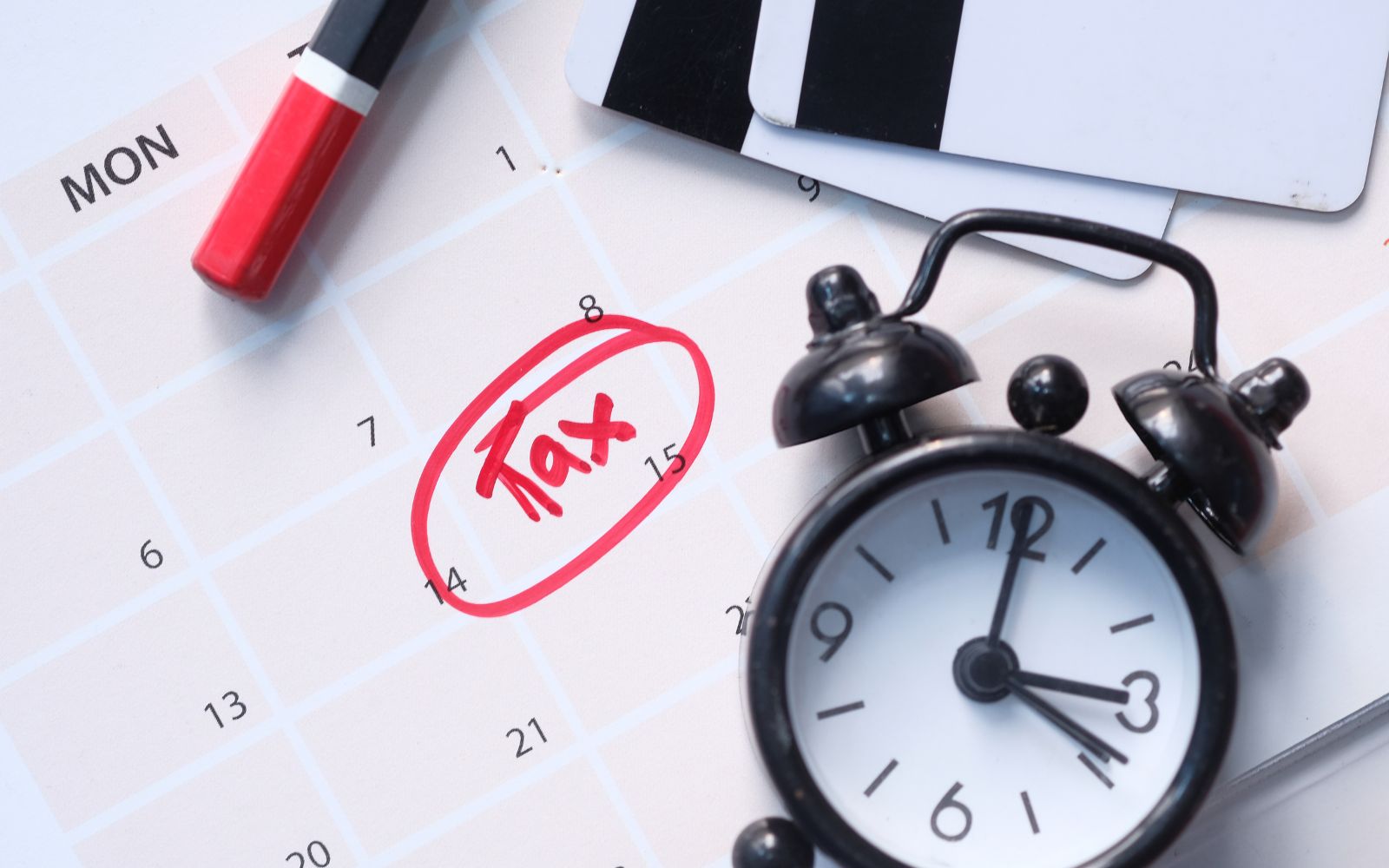Tax issues on transferring shares to family

Business owners often use their companies as a trading medium and not only for the tax benefits. Once the owner is ready to retire or reduce their involvement within the business they usually have two options: either to sell their business or pass it to the next generation. If the owner decides to pass it to the next generation, then there are several ways to make it tax efficiently.
Gifting or transferring your shares
When the owner gifts/transfers the shares within his lifetime, this falls within the same CGT rules as transferring any other asset. If not done correctly, it can also fall within the ‘settlement rules’ that prevent someone from taking tax advantages by diverting income to another. Despite that, there is an exception towards gifts to family members as long as the right to all of the dividend income is not restricted.
The gift will transfer value out of the owner’s estate for IHT purposes and, by being unquoted shares, the transfer will attract 100% Business Property Relief so long as the owner had a controlling share. However, if the family is also an employee at the time of transfer, then HMRC can argue that the receipt would not have been given if the family member had not been in employment and this gift falls under the employment income.
Purchasing the company’s shares
Usually, the shares are the most valuable asset the owner has when they want to cash to fund their retirement but keep the business within the family. The family can purchase the shares but might not have enough cash. In this case, if the company has accumulated a large bank balance, then that company can ‘buy back’ the owner’s shares using the reserves to fund this purchase.
This not only means that the cash can be withdrawn as a capital repayment rather than an income tax distribution but the family will not have to raise the money by any other means. The seller is treated as having received a capital payment for capital gains tax purposes attracting more beneficial tax rates and possibly ‘Business Asset Disposal Relief’ (BADR). The main requirements for this relief are that the shareholder must have usually owned the shares for at least five years and either dispose of the entire holding or the shareholding ‘substantially reduced’.
Use the Family trust
If the intended family members are minors and/or the controlling shareholder wishes to keep voting control of the shares but keep the shares out of IHT, then the transfer of shares into a family trust could be an option. The gift itself can attract 100% Business Property Relief (BPR) of the transfer value so long as the shares have been owned for at least two years.
If BPR is not available, then the gift falls out of the Potential Exemption Transfer (PET) relief rules if the owner survives the gift by the usual seven years and the trust continues to hold the property as a qualifying investment. The BPR rules permit the donor to retain 51% of the shares personally and then gift the remainder into the discretionary trust ready for when the family members once they become of age. It is advised to take out a reducing seven-year term policy on the settlor’s life in case they die, and the seven-year PET fails.
The information available on this page is of a general nature and is not intended to provide specific advice to any individuals or entities. We work hard to ensure this information is accurate at the time of publishing, although there is no guarantee that such information is accurate at the time you read this. We recommend individuals and companies seek professional advice on their circumstances and matters.




